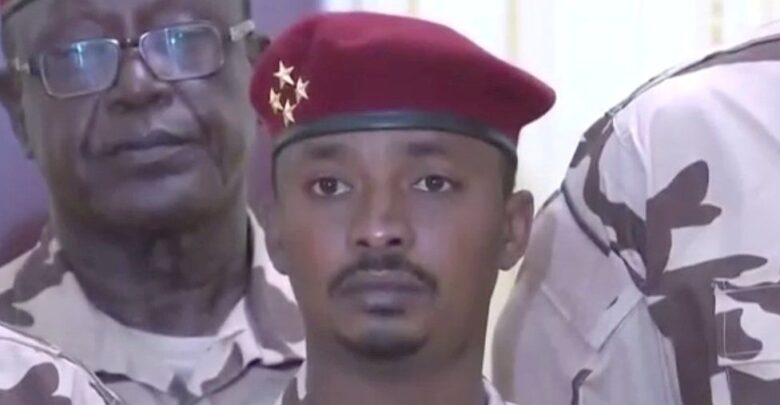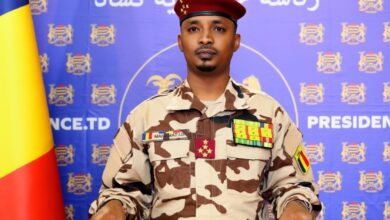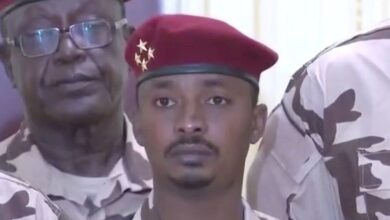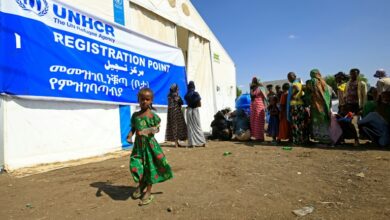Chad
Peace Talks Between Chad’s Government, Opposition Groups In Doha Adjourned

The peace talks between Chad’s government and opposition groups, which kicked off on Sunday in Doha, were suspended after representatives from one of the 44 rebel groups attending left the room, reported Africa News.
Some 44 armed rebel groups were invited, as a first step towards ending a rebellion and holding elections in the country. Representatives from various rebel groups including the Front for Change and Concord in Chad (FACT, by its French acronym), Movement for Democracy and Justice in Chad, and the Union of Forces for Democracy and Development were present.
The peace talks were suspended after participants from Front for Change and Concord in Chad left the room. As a condition for the Doha talks, Chadian rebels called for a general amnesty, the release of prisoners of war, and the return of confiscated assets.
At the opening of the conference, Chad’s Prime Minister Albert Pahimi Padacke and African Union Commission head Moussa Faki Mahamat said both sides would have to make concessions for the peace talks to succeed. But the process risks being protracted and complicated.
The landlocked African nation was thrown into turmoil after the death of longtime leader Idriss Deby Itno in battle with rebels trying to overthrow his government north of the capital. His son, Mahamat Idriss Deby Itno, took over the country after his death, fronting a 15-member military junta and vowing to hold free elections following an 18-month transition period. He assumed control of Chad’s transitional council and dissolved Parliament.
The opposition figures and rebel groups decried Deby’s takeover as a violation of the country’s rules for presidential succession. According to Chad’s constitution, the National Assembly president should become the interim leader until elections are held.
As part of the 18-month transition period, Deby has promised to launch a national peace dialogue with rebel groups to move toward stabilizing the country and organizing elections. Under his plan, the dialogue would be a prelude to agreeing on a new constitution and then holding elections.




